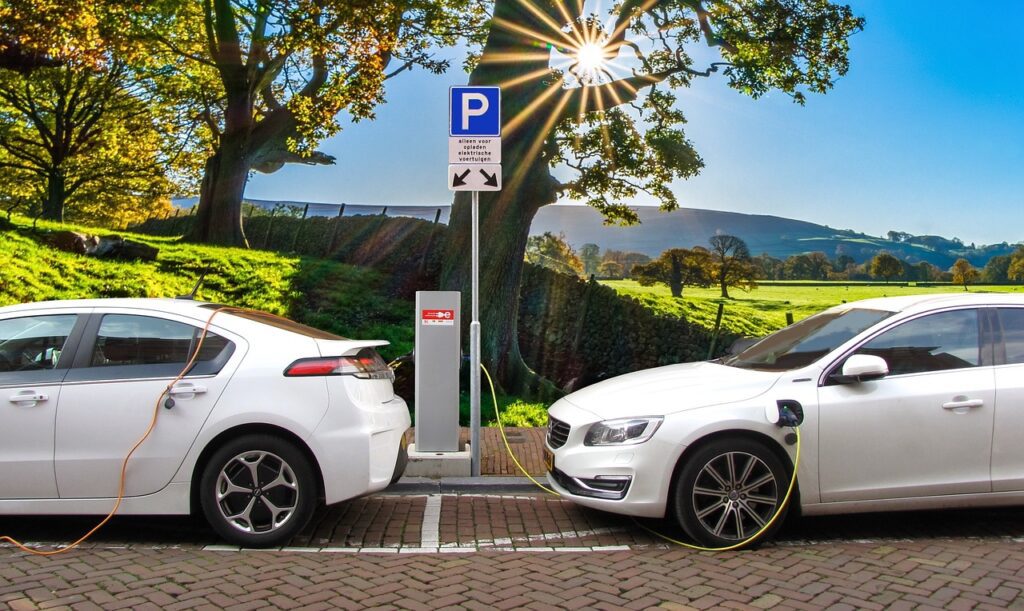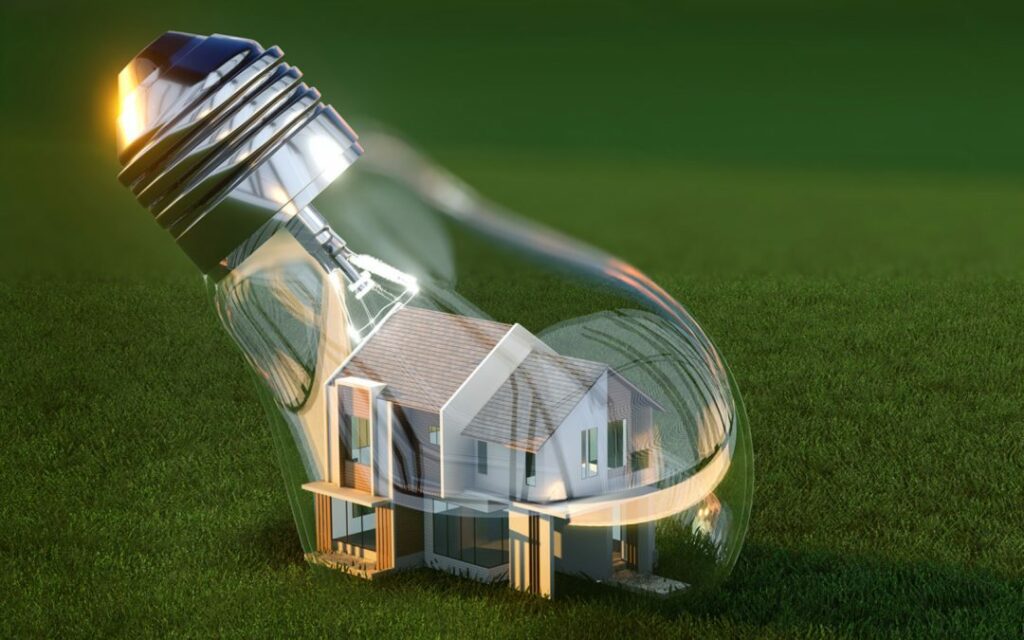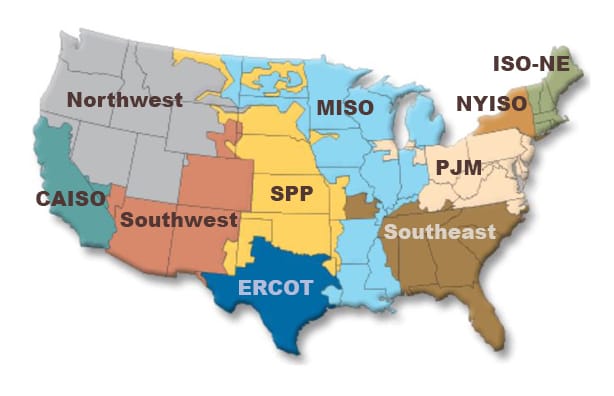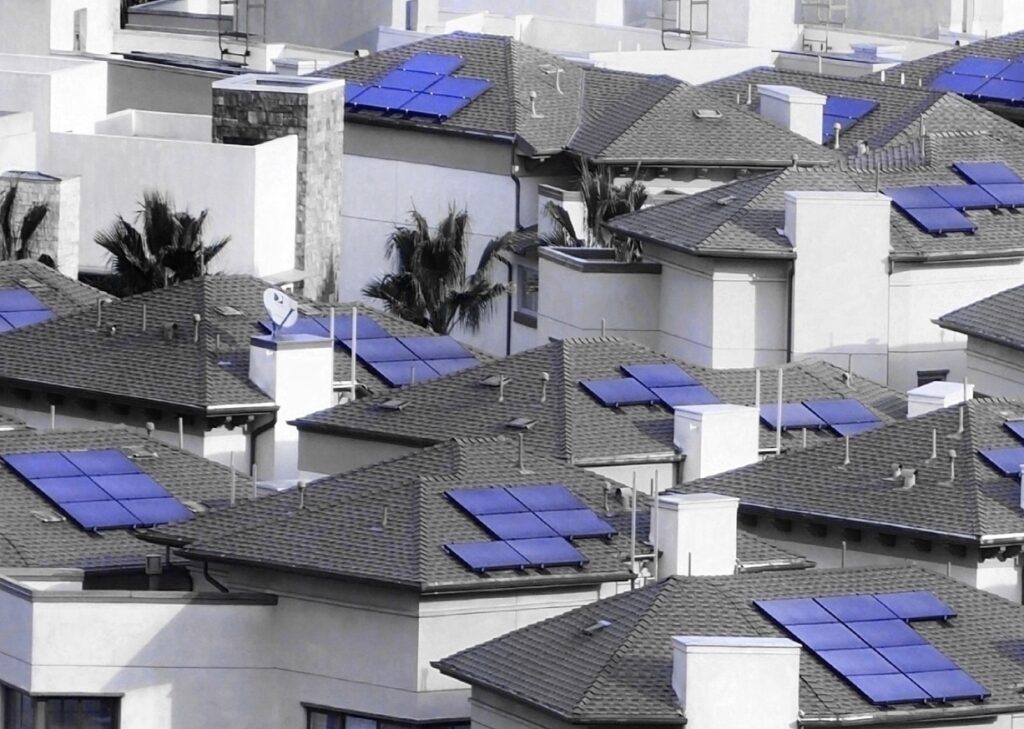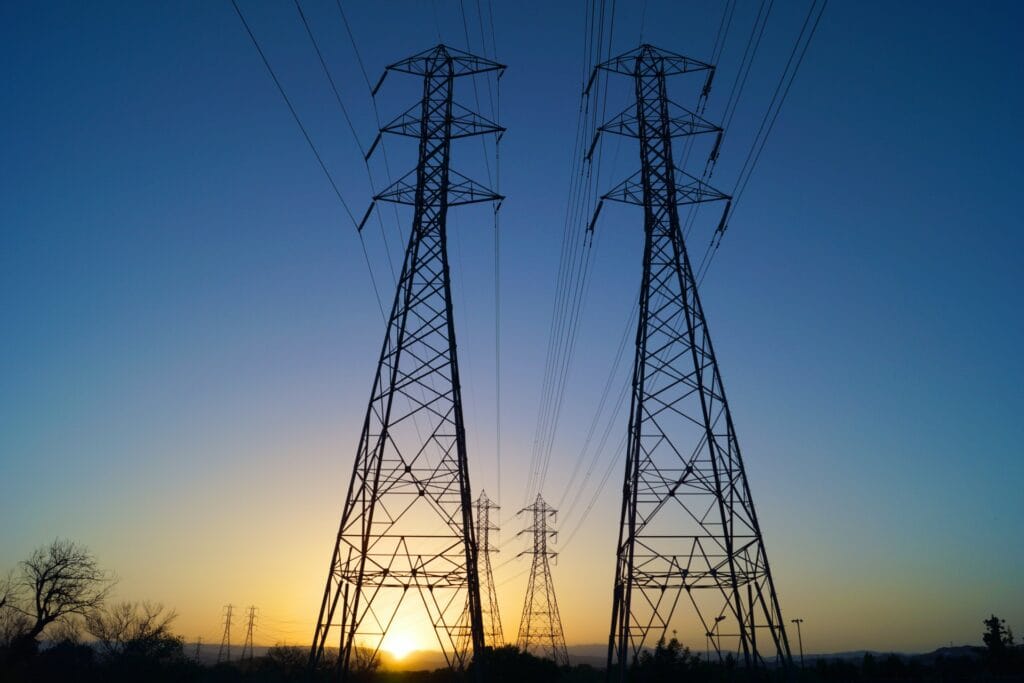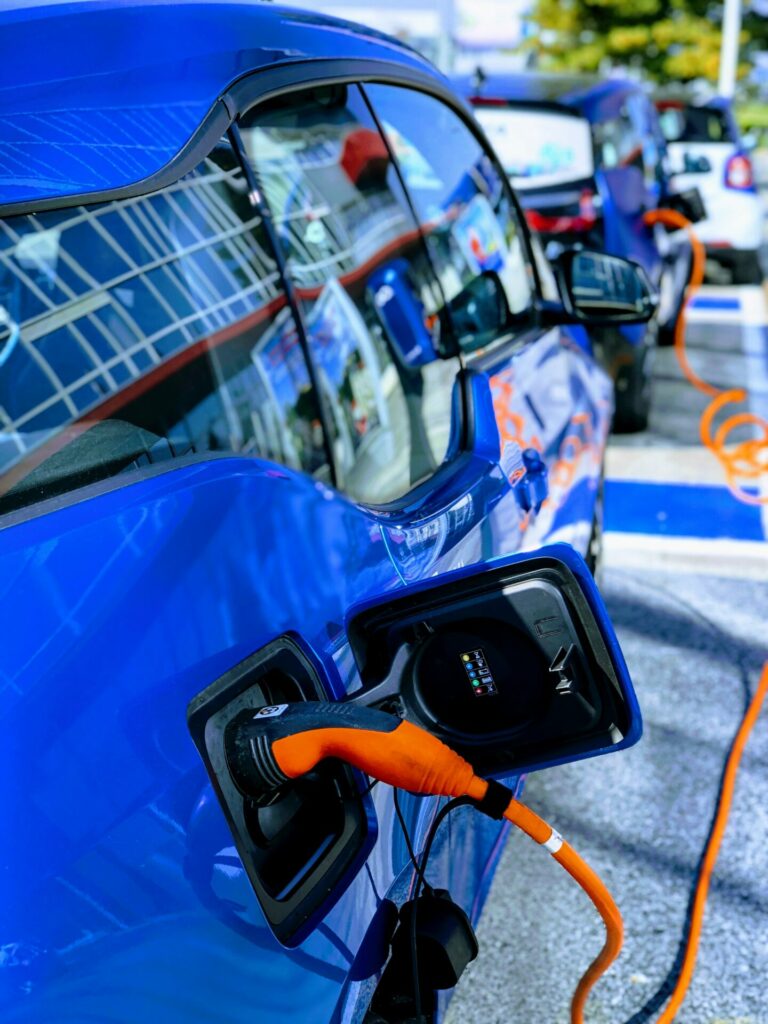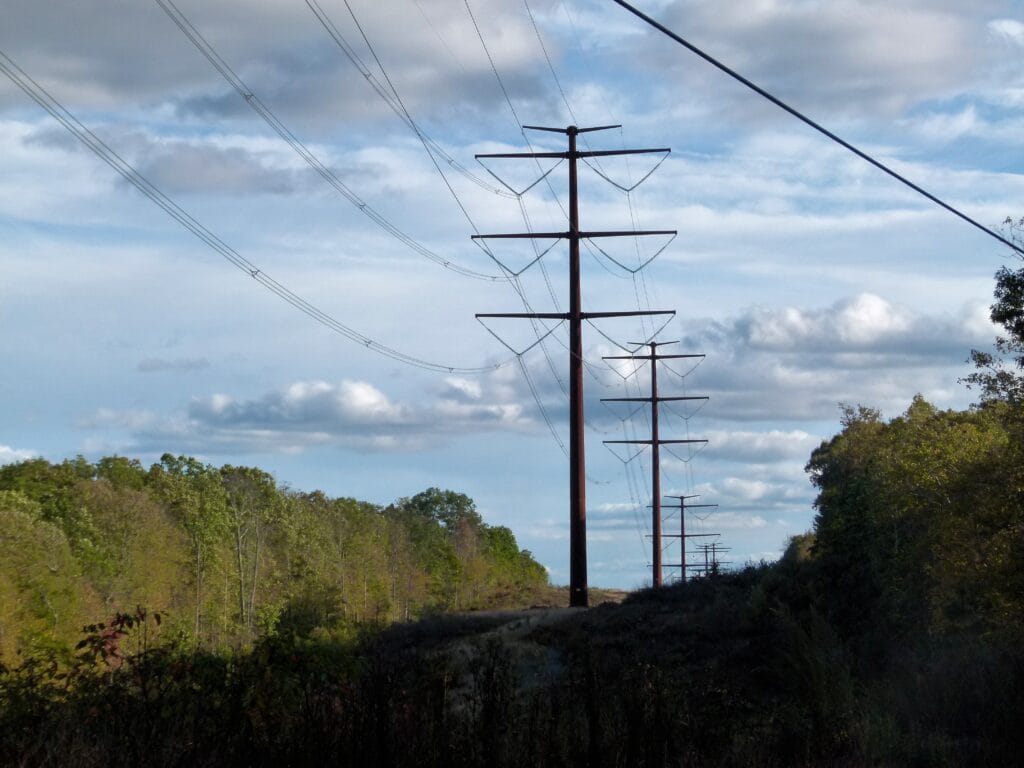Equity & Affordability
Regulatory tools to advance affordability in utility costs
By Mike Goetz With the rising tide of inflation, increases in the cost of commodity goods, and energy infrastructure costs going up, the Northwest has an energy affordability challenge. With nearly 44% of U.S. households defined as low-income according to U.S. Department of Energy statistics in 2023, many customers are forced to make difficult decisions…
Read MoreWashington’s Transportation Electrification Strategy tackles the state’s largest source of emissions
Transportation is the largest source of greenhouse gas emissions in the country. This includes Washington, where transportation makes up around 40 percent of the state’s greenhouse gas (GHG) emissions. For the region to achieve its ambitious climate goals, it’s crucial to develop well-planned pathways to decarbonize all sectors of our economy, especially the biggest piece…
Read MoreThe value of centering energy assistance programs on energy burden
As colder weather seeps across the Northwest, most people are switching on heating systems to stay comfortable. Some may not think twice about the impact cranking up the heat has on their energy bill. But for energy burdened households — those who spend 6% or more of their income on energy costs — high energy…
Read MoreWestern Market Benefits to the Northwest
The West is in the midst of determining how to structure itself into electricity markets, with significant implications for utilities, customers, and the future of a clean, equitable, and affordable western grid. Electricity markets can coordinate and optimize the electricity grid, creating a system that is more reliable, can transition to clean energy faster, and…
Read MoreCustomer-side resources can reduce risks from volatile energy prices
Winter is here. It’s barely February and we’ve already witnessed the value of a diversified energy system and the risks that come from fossil fuels. Volatile fossil fuel prices are causing concern for customers that end up footing the bill when their utility purchases fossil-fueled power. By accelerating our investments in customer-side resources, we can…
Read MoreModernize the Bonneville Power Administration
Electric vehicle charging standards adopted in Washington
The Washington State Department of Agriculture (WSDA) recently adopted standards for public electric (EV) vehicle charging, often referred to under the more technical name, electric vehicle supply equipment (EVSE). On December 16th, 2022, the Department adopted the final rule, which will take effect on January 1, 2024. By the end of 2022, there were over…
Read MoreWashington Adopts New Clean Vehicles Program Standards
Yesterday, the Department of Ecology (Ecology) took the next step towards a cleaner and more equitable transportation system for Washington. After several opportunities to provide input on the new standards being added to the Clean Vehicles Program, Ecology has adopted three new standards: Advanced Clean Cars II, the Heavy-Duty Omnibus Low NOx Rule, and the…
Read MoreWashington State Clean Vehicle Rulemaking
Washington State Department of Ecology is adopting three regulations that will help address air pollution NW Energy Coalition is working with partners to support the adoption of the following three regulations, which will address air pollution to improve public health, protect frontline communities, and increase access to electricity as an affordable transportation fuel: These regulations…
Read MoreCOVID-19 Consumer Protection Updates
The last six months in the utility world and how it affects customers The public and economic impacts of the COVID-19 pandemic have been undeniable. Most prominently, job and business loss have affected families and communities who are now struggling to pay bills, including utilities, and stay safe at home. In the Northwest and nationally,…
Read More


